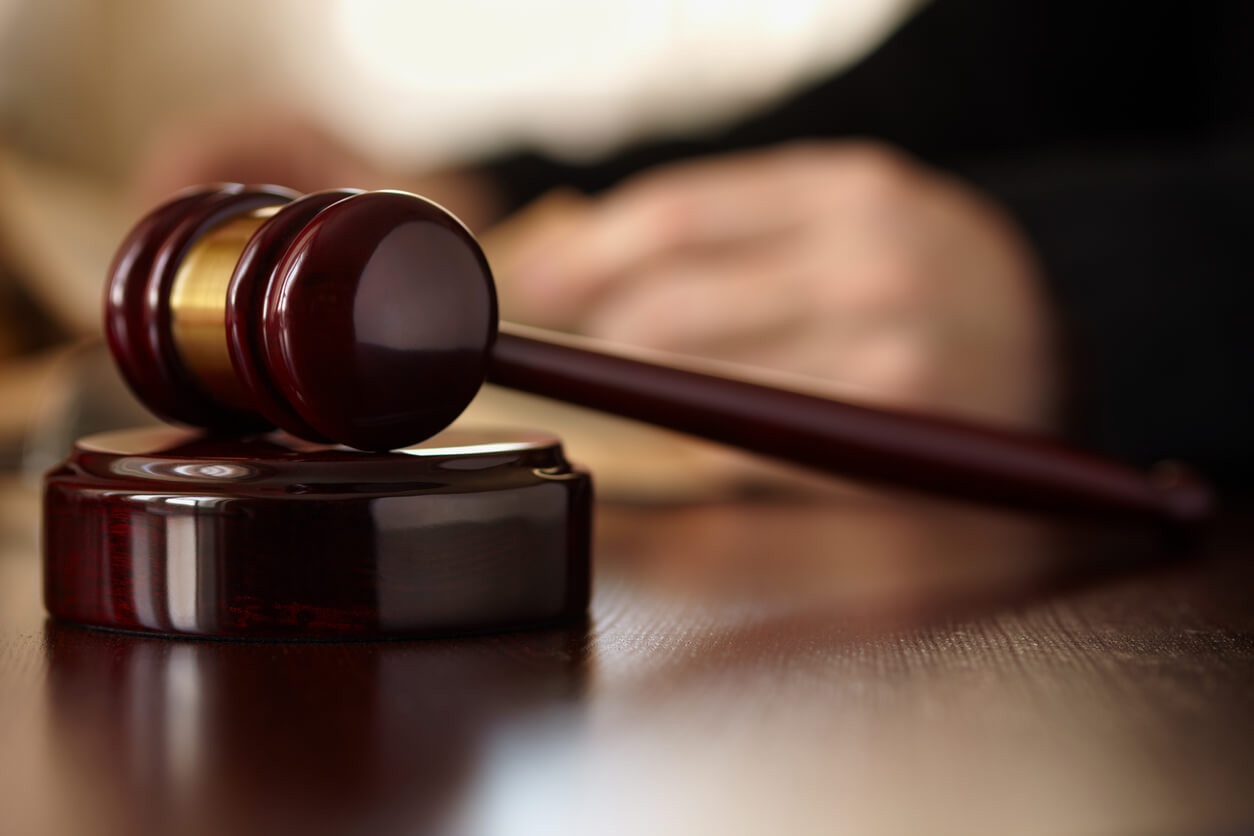If you or a loved one has recently been arrested, you may be overwhelmed by the magnitude of everything that you are facing. As a Washington defense attorney, I want to help you understand the process so that you don’t have to worry about unnecessary issues. Once you have been arrested, you will be scheduled for an arraignment. An arraignment is an initial hearing where the judge will formally tell you the charges against you. At this early point in the case, with few exceptions, a plea of not guilty is entered and a future court date is set.
Argument for Release
An arraignment is also the time when an argument is made to hold a person on a certain bail amount, release them with no conditions or release them with certain conditions of release. It is critical to have competent counsel at the arraignment who can argue that you should be released without having to post bail.
Pretrial or Case Setting Hearing
The next hearing after arraignment is a pretrial hearing, which in some courts is called a case setting hearing. One of three things will happen at this hearing. Either your attorney will have negotiated that the case be dismissed or resolved in some other way that is appropriate and acceptable to you or your attorney will not be able to reach an agreement with the prosecutor on how to resolve the case and so the case will be set for trial or you and your attorney will not yet be ready to decide whether the case will be resolved by plea or dismissal or whether it will be set for trial and so the hearing will be continued to another date to allow for more time to decide what path the case will go. Cases are not usually resolved or set for trial at the first pretrial hearing. It is very typical for several pretrial hearings to be set before the client and attorney now whether they will resolve the case or set it for trial.
Setting a Timeline
In Washington, your arraignment must take place within 14 days of the charges being filed against you. However, many arraignments take place before this deadline.
As one of the final steps to your arraignment, the judge will lay out the next steps in your case. This often sets a date and location of hearings to lead up to a trial date. If a resolution of a case has been negotiated, the case will be set for a plea hearing and the trial date (if set) will be stricken. Sometimes a plea and sentencing occur at the same hearing. For more serious cases, sentencing is usually set for a date after the plea hearing. It is essential to work closely with your attorney during this time to make sure that your defense has adequately prepared.
Cases can take several months or even more than a year, for serious and complex cases, to get resolved or to proceed to trial. You should discuss with your attorney what your expectations should be for a realistic timeline for your particular case.
Securing Counsel
It is important to secure representation before the arraignment hearing, if possible. If you are not able to afford counsel, you can be screened financially to see if you qualify for representation by a public defender.
If you are facing charges or have an upcoming arraignment, call Jennifer to set up an initial consultation.
DISCLAIMER: This post is intended to share my perspective, insights, and some general information on various aspects of criminal cases. It is not legal advice and is not intended to substitute for legal advice. You should consult an attorney to obtain legal advice for your individual situation and case.

